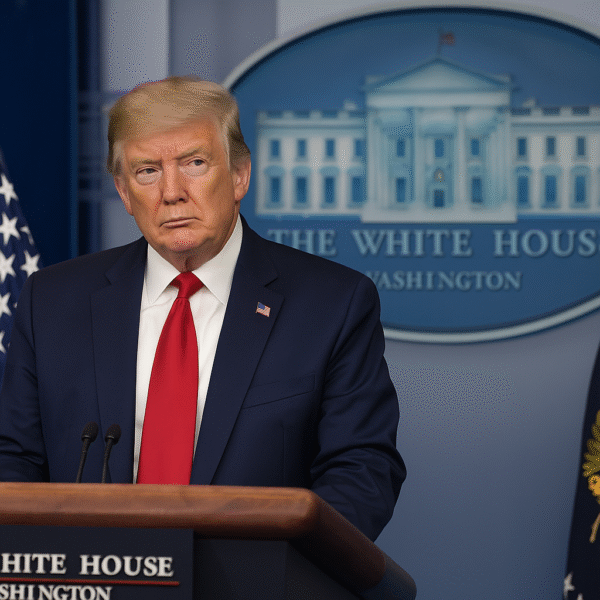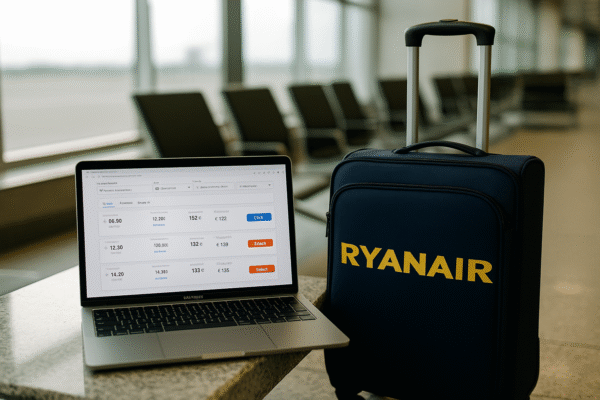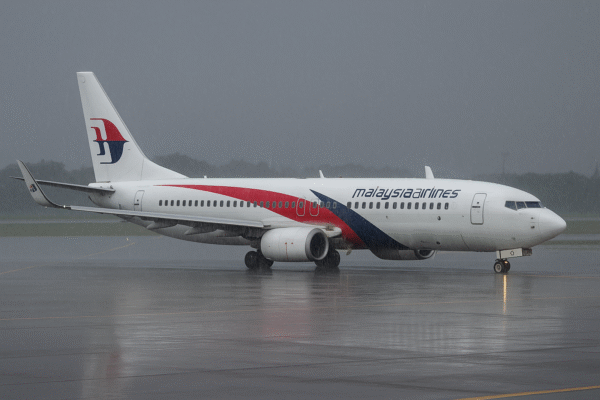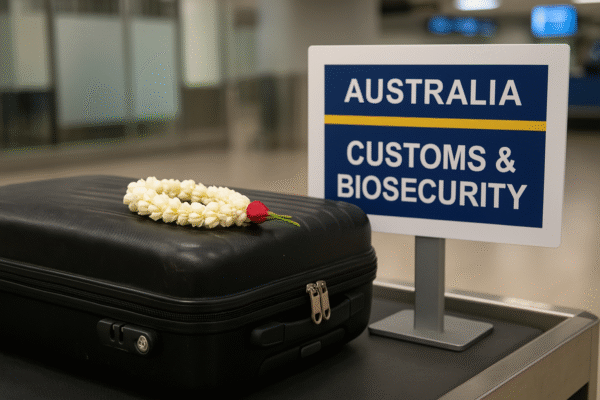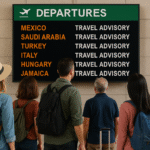Australia is globally recognized for its tough biosecurity regulations, designed to protect the nation’s fragile ecosystem and agricultural industries. These rules are among the strictest in the world, and even seemingly harmless items can result in heavy fines if travelers fail to comply. A recent case in Melbourne brought international attention to these laws when Indian actress Navya Nair was fined AUD 1,980 for carrying jasmine flowers in her handbag. The incident highlights how uncompromising Australian border officials are when it comes to protecting the country from potential ecological threats.
Australia’s unique biodiversity makes it particularly vulnerable to pests and diseases. Introducing non-native organisms—even through something as small as a flower garland, fruit, or honey—could disrupt local ecosystems and damage agricultural production. As a result, Australia enforces one golden rule for travelers: when in doubt, declare all items related to food, plants, and animals on your passenger card.
The Golden Rule of Entry: Declare or Face Fines
Australia’s Department of Agriculture, Fisheries and Forestry requires all incoming passengers to declare food, plant material, and animal products. The rule is simple yet strict: if you are unsure, always declare. Declaring an item may still result in it being confiscated, but travelers who do so usually avoid penalties. On the other hand, failing to declare can result in fines of up to AUD 2,664 and, in serious cases, visa cancellations or court action.
In the case of Navya Nair, the jasmine gajra she carried—commonly worn during Indian festivals—was flagged at customs. While innocent in intent, undeclared plant products pose risks of introducing pests or diseases into Australia. This example underscores how even cultural or religious items can fall under restrictions.
What Items Are Prohibited in Australia?
The list of banned and restricted goods is extensive and often surprises visitors. Among the most common items travelers should avoid carrying are:
- Fresh produce such as fruits, vegetables, and herbs.
- Dairy products, particularly unpasteurized or homemade cheeses and milk.
- Raw nuts, especially from regions with known pest risks.
- Homemade food, regardless of packaging or cultural significance.
- Honey and bee products, which could harbor harmful pests.
- Plant materials, including flowers, seeds, and soil.
- Festival-related items, such as cotton threads or raw radishes, sometimes restricted due to their material or potential pest contamination.
Interestingly, certain packaged goods like maple syrup may be permitted, demonstrating the nuanced nature of these rules. This makes it even more important for travelers to check updated guidelines before departure.
International Perspective: How Other Countries Enforce Biosecurity
Australia is not alone in taking strict measures at its borders. Many countries enforce tough biosecurity controls to protect their agriculture and natural resources:
- New Zealand: Known for its untouched natural beauty, New Zealand enforces similar rules. Even hiking boots must be cleaned before entry to prevent soil contamination.
- United States: The U.S. bans fresh produce, meats, and certain animal products to prevent diseases such as avian flu and foot-and-mouth disease.
- Singapore: This city-state restricts the import of foodstuffs and plants unless certified safe and declared beforehand.
- South Korea: Travelers must declare seeds, plants, and fresh produce, with strict penalties for non-compliance.
These examples highlight that biosecurity is not just about national pride—it is a global necessity for environmental and agricultural protection.
Why Biosecurity Matters for Tourism
Tourism is a vital part of Australia’s economy, particularly in cities like Melbourne, Sydney, and Brisbane. However, the influx of international visitors increases the risk of foreign pests and diseases entering the country. Without strict controls, Australia’s agriculture—worth billions of dollars annually—could suffer catastrophic losses. The rules may seem harsh, but they ensure that both travelers and residents continue to enjoy the country’s pristine landscapes and safe food supply.
For travelers, these laws serve as a reminder that packing for Australia requires more than just clothes and souvenirs. A simple oversight, like carrying homemade snacks or floral garlands, could disrupt travel plans and incur hefty fines.
Tips for Travelers to Australia
To avoid trouble at airports such as Melbourne, Sydney, or Brisbane, here are some essential tips:
- Check official guidelines before you travel. Regulations are updated regularly.
- Declare everything, even if you think it might be allowed. Honesty can save you from fines.
- Avoid carrying homemade food or fresh produce. Instead, purchase packaged items at your destination.
- Be mindful of cultural or festival-related items that might contain plant or animal products.
- Clean footwear and outdoor gear before travel, as soil and seeds are high-risk items.
Final Thoughts
Australia’s strict biosecurity laws may seem daunting, but they are a crucial part of preserving the nation’s environment and agricultural industries. For tourists, the key takeaway is clear: when traveling to Melbourne or any Australian destination, declare all food, plant, and animal items without hesitation. What might seem like an innocent souvenir could result in an expensive fine, disrupted travel plans, and unnecessary stress.
As global travel becomes more interconnected, respecting these regulations is not just about following the law—it’s about playing a part in protecting the planet’s natural balance. For every traveler dreaming of Australia’s beaches, wildlife, and vibrant cities, being mindful of what’s in your suitcase ensures a smoother, worry-free journey.
For more travel news like this, keep reading Global Travel Wire






